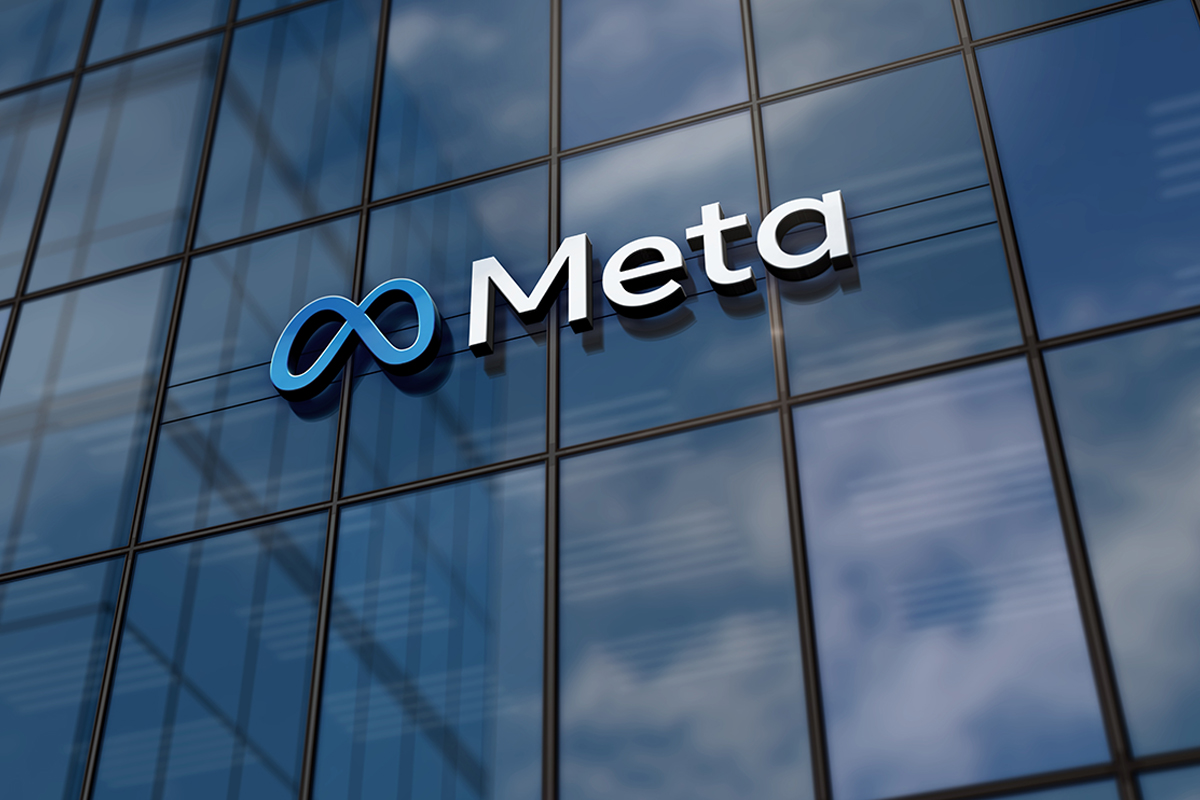In response to mounting concerns over election interference and the proliferation of foreign disinformation on its platforms, the European Union has launched a formal investigation into Meta, the parent company of Facebook and Instagram. This move signifies a notable escalation in regulatory oversight of tech giants operating within the EU.
At the core of the investigation lie worries regarding Meta’s purported failure to adequately safeguard the integrity of upcoming EU elections and combat the dissemination of foreign disinformation. The European Commission, tasked with enforcing EU laws, has raised specific issues concerning Meta’s handling of advertising by scammers and foreign entities attempting to interfere in elections.
A major bone of contention is Meta’s decision to discontinue CrowdTangle, a widely used tool employed by civil society organizations, researchers, and journalists to monitor trending discussions on Facebook and Instagram. The European Commission argues that discontinuing CrowdTangle could significantly hamper users’ and researchers’ ability to identify and counteract foreign election interference, thus posing a threat to the integrity of EU electoral processes.
Moreover, the investigation is delving into Meta’s adherence to the Digital Services Act (DSA), a pivotal EU law designed to regulate online platforms. EU authorities suspect that Meta may have breached the DSA’s transparency regulations by deprioritizing political content in users’ feeds and offering inadequate tools for reporting illicit content.
The potential ramifications for Meta could be severe, as violations of the DSA could incur fines of up to 6% of the company’s global revenue. This presents a substantial financial risk for Meta, given its stature as one of the world’s leading tech firms.
Meta has expressed its readiness to fully cooperate with the investigation, underscoring its dedication to identifying and mitigating risks on its platforms. Nevertheless, EU regulators remain doubtful of Meta’s assurances, citing ongoing apprehensions about the company’s management of perceived risks associated with its products.
The investigation unfolds against the backdrop of broader efforts by European regulators to assert greater authority over US tech behemoths operating within the EU. In recent years, the EU has enacted a slew of laws aimed at curbing the dominance and influence of these companies, including the DSA and the Digital Markets Act (DMA).
The scrutiny of Meta’s operations in the EU mirrors growing global unease about the impact of social media platforms on democratic processes and the propagation of disinformation. With the escalating use of social media, particularly during election seasons, policymakers and regulators are increasingly focused on ensuring that these platforms do not undermine the integrity of democratic institutions.
In response to the investigation, Meta has reaffirmed its commitment to collaborating with the EU to address concerns regarding election interference and disinformation. However, the outcome of the investigation remains uncertain, with the specter of substantial fines and regulatory measures looming over the company.
As the investigation progresses, attention will be squarely on Meta and the European Commission as they navigate the intricate landscape of regulating social media platforms in an increasingly digitized world.







